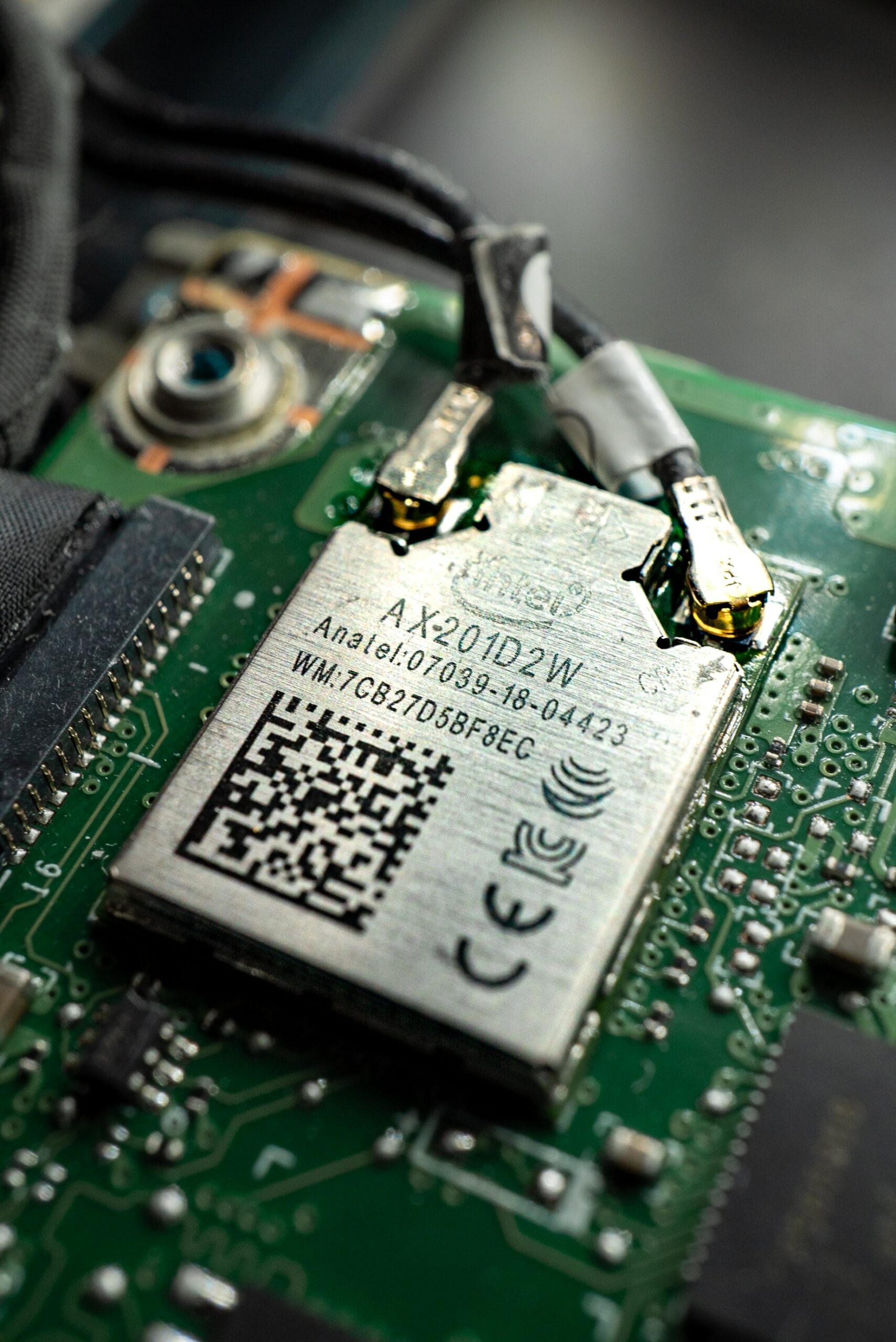Brazil is the latest country to consider making USB-C charging mandatory for smartphones. On Tuesday, Anatel, Brazil's national communications agency, announced a public consultation on a proposal to make USB-C charging mandatory for all cellphones sold in the country.
And Anatel announced that it would follow in the footsteps of the European Union. The EU USB-C Directive It requires that all smartphones, tablets, digital cameras and some other consumer electronics devices with wired charging be powered via USB-C to be sold in the region. After all, laptops must also meet the requirements. Anatel is currently only discussing the delegation of phones in Brazil.
The regulator also noted that some US senators are seeking a universal charger strategy similar to EU policy.
In documents Support Anatel's proposal and monitor the edge, Anatel said the USB-C directive could reduce e-waste, be more consumer-friendly and help Brazil comply with globally adopted standards. However, he noted that such a requirement could discourage innovation around fee standards and could result in higher costs for Anatel and the companies that regulate them.
The documents describe a policy that requires phones and phone chargers that support 5V, 3A, or 15W charging to support USB-C charging. Anatel is also considering two other proposals: one that would require an alternative charging method so as not to impede USB-C charging, and another that would require phone packaging and manuals to specify the minimum current requirements for charging.
Anatel does not address the standardization of wireless charging, but the documentation states that "the rollout will continue to be the subject of national and international studies to assess the need for standardization for this category of charging interfaces," according to Google Translate.
Anatel's public consultation is open until August 26th.
Another reason to consider USB-C iPhone
Anatell pointed out that USB-C is the charging standard under consideration as it is the European Union path highlighted by US politicians and the plug is already widely used. When it comes to phones, most Android devices are already charged via USB-C. The obvious blocker is Apple's iPhone, which charges for Apple's own Lightning connector.
This week's announcement puts more pressure on Apple to consider introducing a USB-C iPhone sooner rather than later. Apple already has to develop a solution to meet upcoming EU requirements. With the United States in North America and now Brazil in South America showing interest in similar rules, it's not hard to imagine other governments following suit.
Apple's iPhone could go fully wireless, but it's still too early for this technology in terms of data transfer and power efficiency. And introducing USB-C and Lightning would be cumbersome and could result in a more efficient device.
A May report by Bloomberg claimed Apple is already testing USB-C iPhones and could start as early as next year. If this so-called test is successful, we expect that the iPhone USB-C will be sold worldwide for logistical and cost reasons and not only in markets that require USB-C charging.



